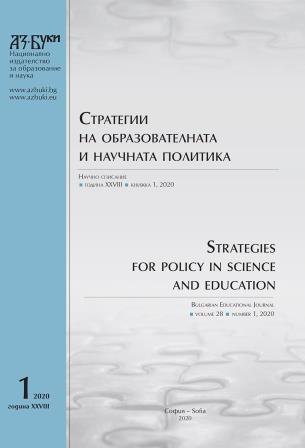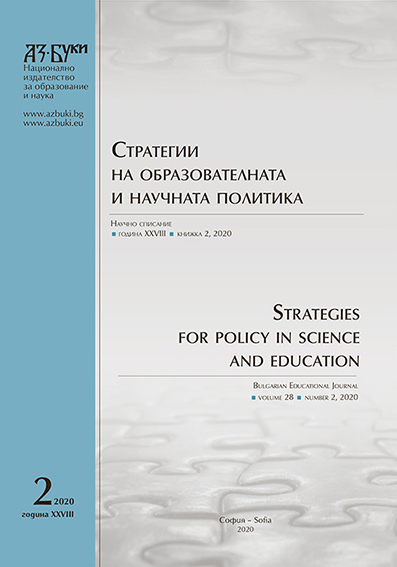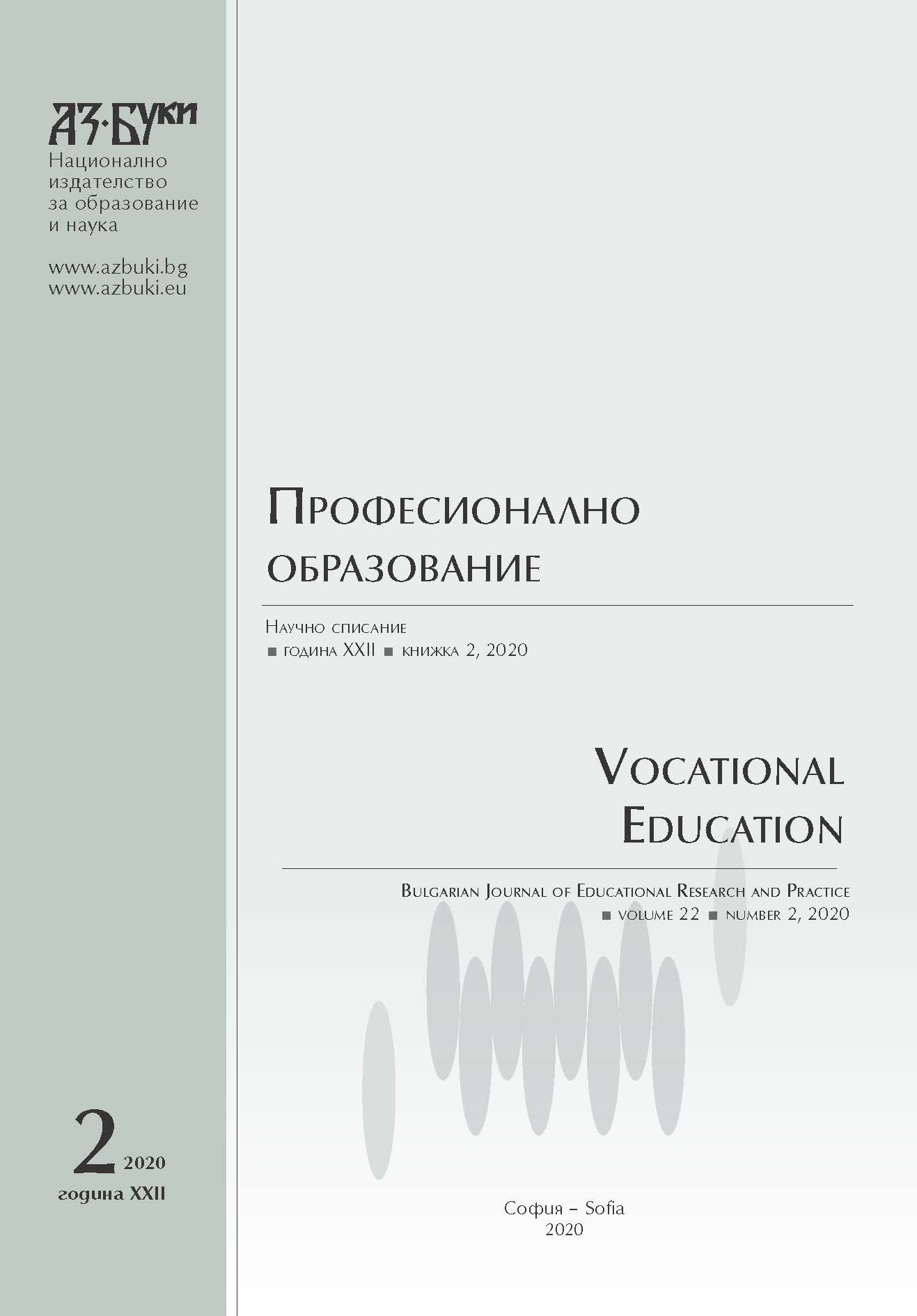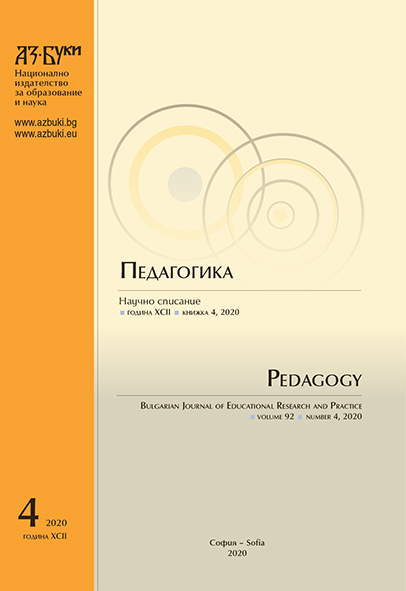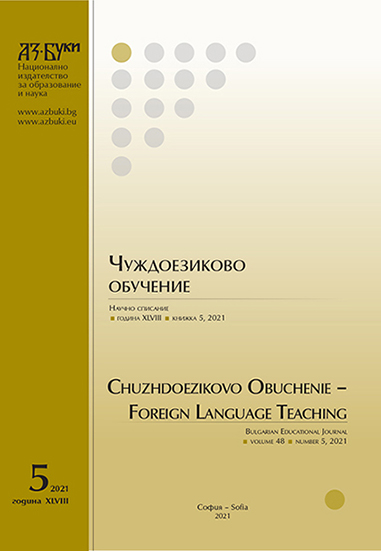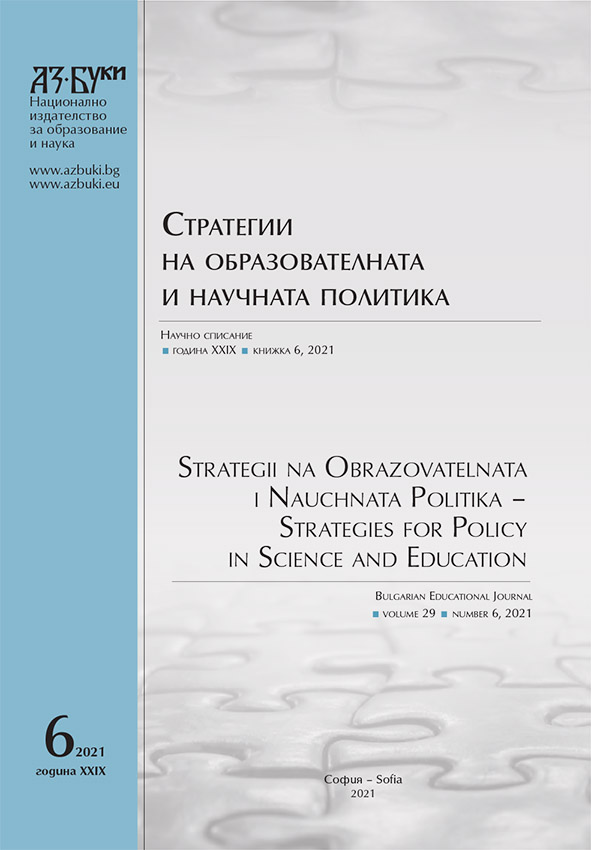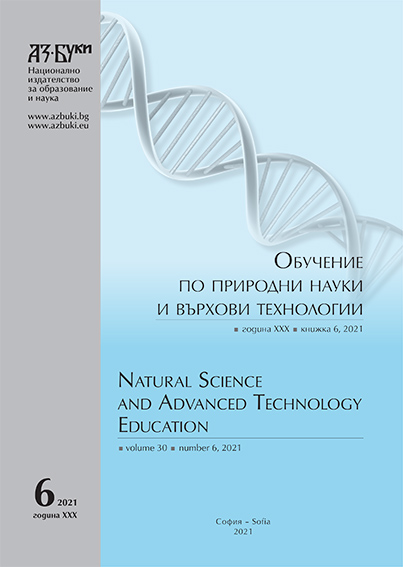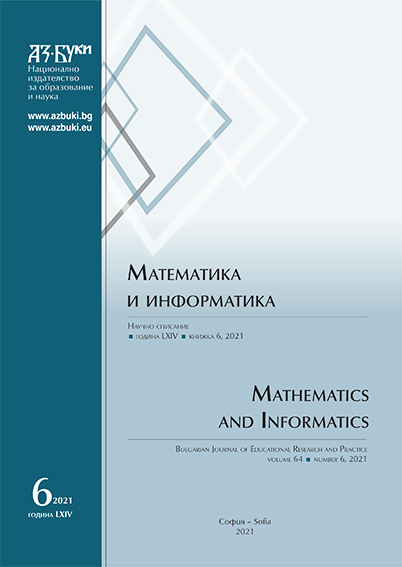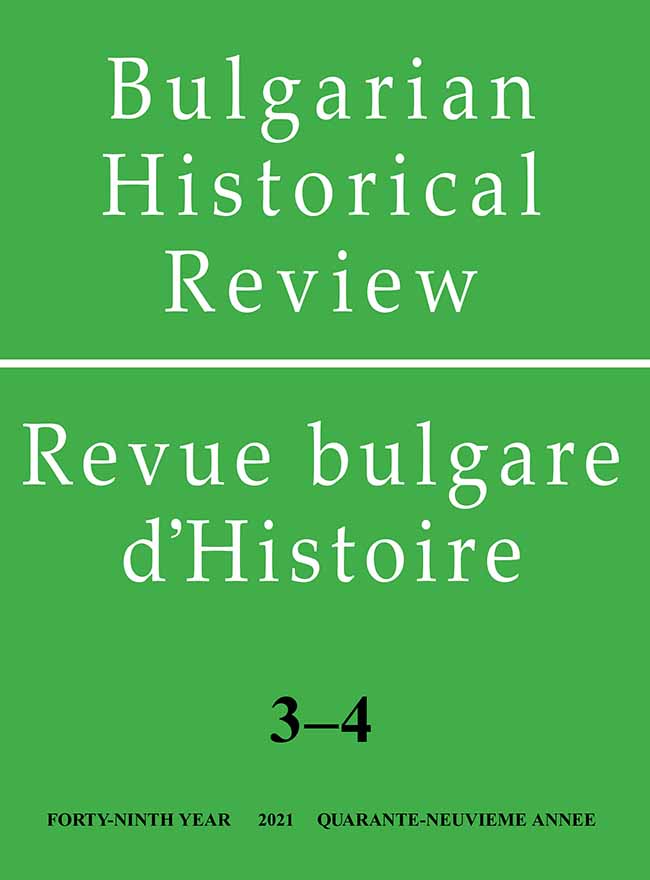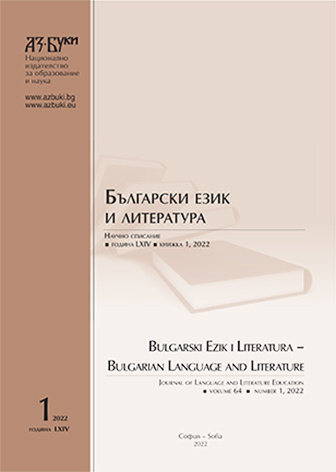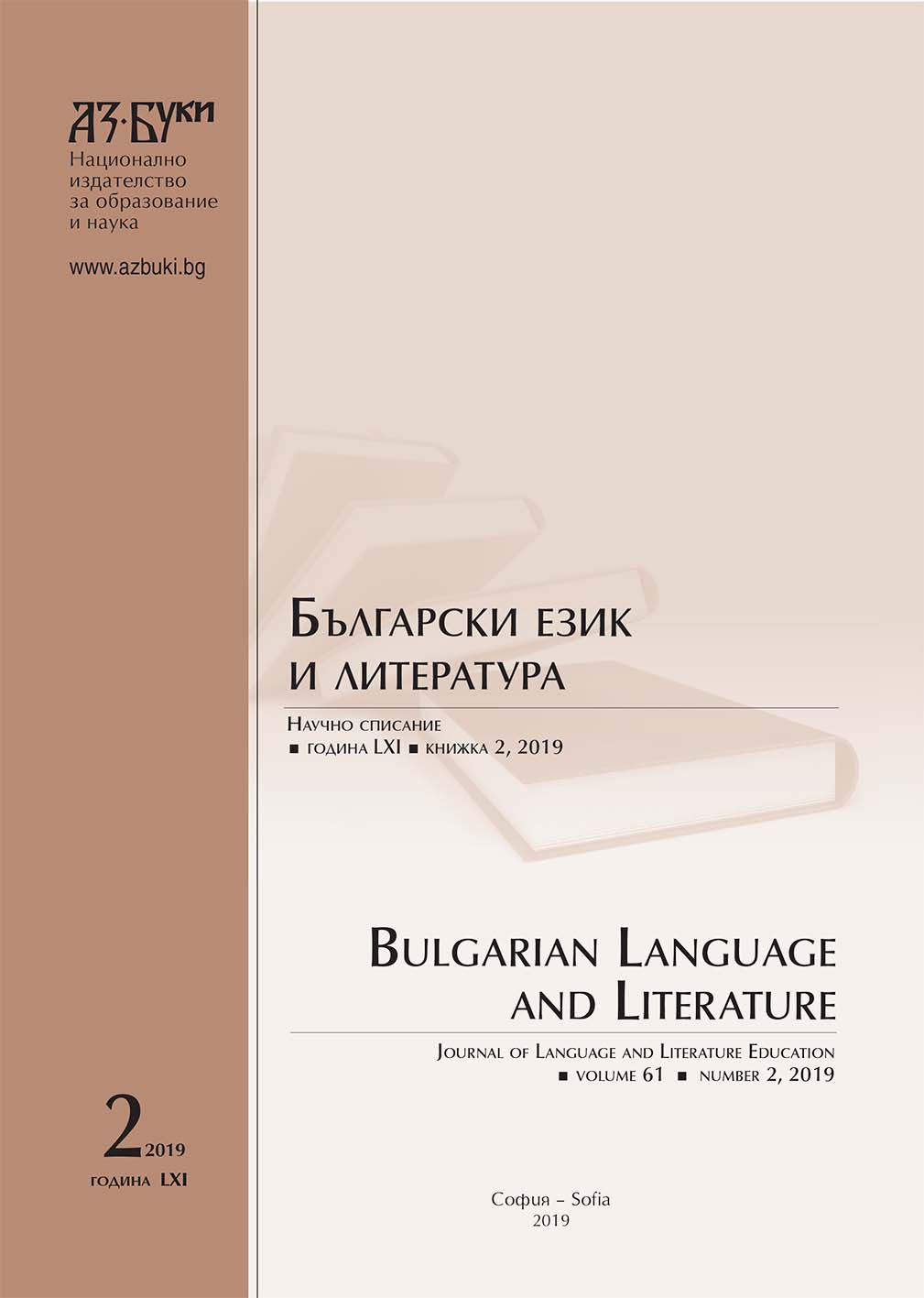
Родният диалект – познат и непознат. Съвместен проект на млади изследователи и Ученическия институт на БАН
This report presents the activities of a small research community under the project of the School Institute of the Bulgarian Academy of Sciences (SchI-BAS), Small Research Communities programme. The project’s authors won first place from the humanities in SchI-BAS’s 2018 session. Their project (Presentday states of some Bulgarian dialects) presents dialect features in the villages of Tsalapitsa and Lyaskovo, district of Smolyan. In the course of the research process, the young researchers got to know their birth places, mother dialect features and the specifics of Dialectology. Thus their activity turned from a challenge into an opportunity to discover – through research – knowledge about mother dialects and skills related to processing language material.
More...
